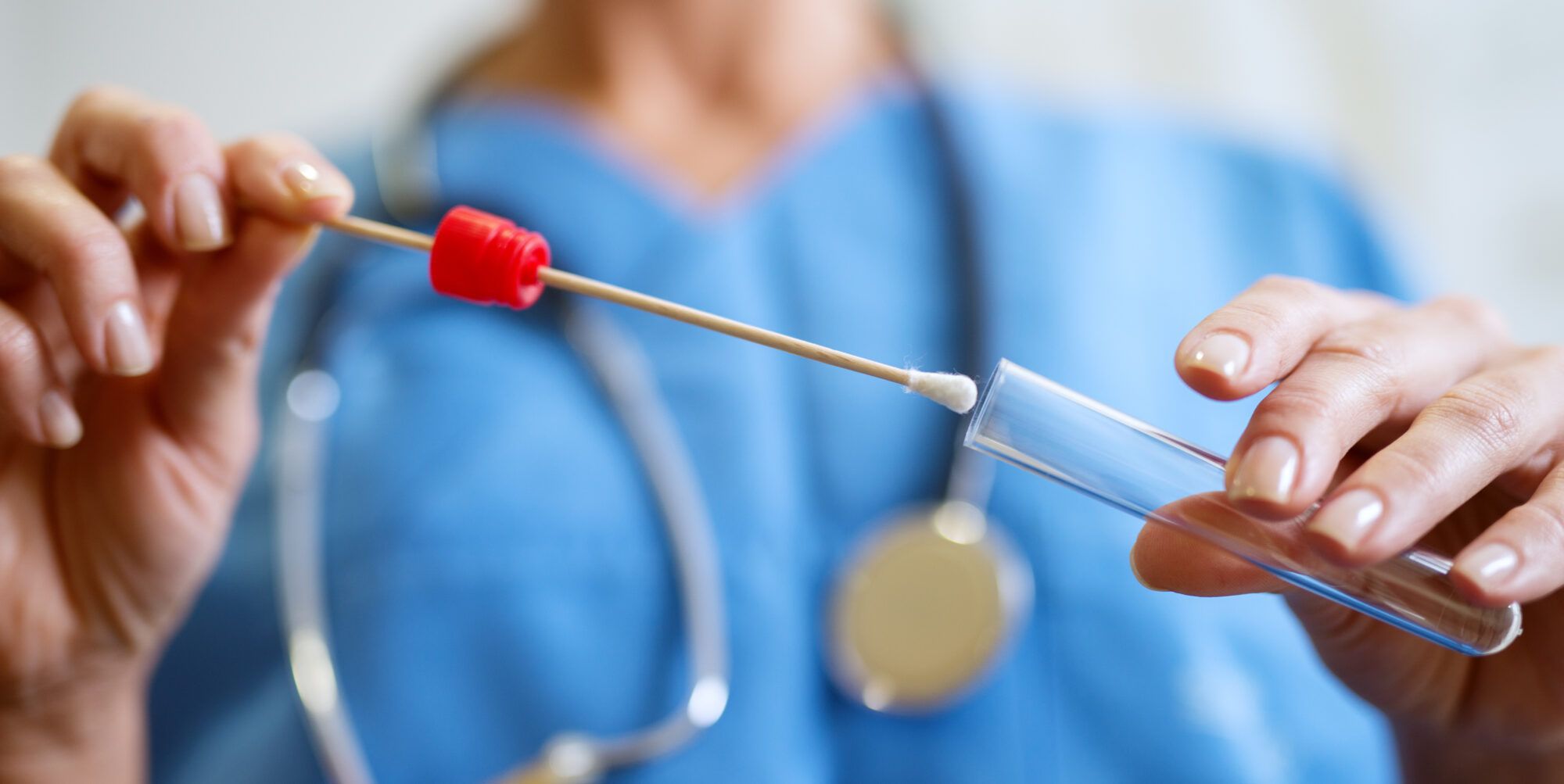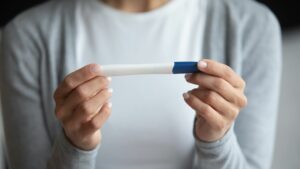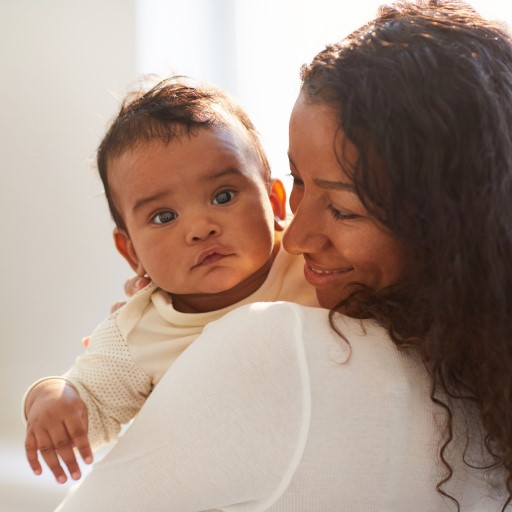DNA Testing services like 23andMe make it difficult to keep biological parent identity secret, so we now suggest that patients use donors who will release their identity.
In the past, adoption, sperm and egg donation were considered to be family secrets. All of this is changing dramatically due to elective DNA testing.
Janine Dzyubanny knew that she had been adopted from an orphanage in Seoul, Korea, and at age 42 she decided to send in a saliva sample for DNA testing to 23andMe. Ten days later she received an email stating, “You share 47.9% of your DNA with Jennifer Franz, and we predict she is your sister.”
At this point in her life, Janine was living outside Atlanta, in Johns Creek, Georgia. In the meantime, Jennifer Franz, who had also been adopted from Korea and now lives in Canton, Georgia, was alerted that her DNA testing suggested that she had a potential sister as well. Jeanine sent Jennifer an email that said, “Hi, my name is Jeanine and I just received my results that show that you and I are sisters!!!!”
The two sisters now have met and discovered that they both have children about the same age, and they share many commonalities. They recently publicly disclosed all of this in the Atlanta Journal-Constitution.
Ethical dilemma for adopted child, now grown
In January 2019, a question posed for The Ethicist column in The New York Times Magazine pointed out another situation that shows the advisability of openly discussing adoption and disclosing adopted children’s biologic roots. Here’s the question, and part of the columnist’s response.
More than 40 years ago, I was adopted in a “closed” adoption. About 15 years ago, I made contact with my birth mother, with whom I now have a good relationship. My birth father declined to meet me (my birth parents are not together). The stated reason: He didn’t want his (younger) daughter to know he had fathered another child. I accepted his decision. In the intervening years, I have avoided genetic tests, which I would otherwise like to take, so as not to “out” my birth father to his relatives.
I now have a child of my own. It often occurs to me that it may not be ethical for my birth father to conceal my existence from my half-sister and deprive us and subsequent generations of any relationship – and it also may not be ethical for me to contact her against his wishes. I have no way of knowing what she would want; it seems sad for her to never know about me, but it is also possible that she would prefer not to. And once my birth father dies, I think it would be unkind to approach her, when he can no longer speak for himself.
Would it be right, or wrong, or neither, for me to reach out to her? Is it unethical for me to take a genetic test, because the companies that offer them might inform birth relatives of our connection? (Name withheld)
The Ethicist’s partial response
People are now inclined to favor more open adoption processes, in part because norms about extramarital sex and illegitimacy have changed so much in the course of your lifetime. But we should still try to respect past agreements – even ones we might wonder at today. You made the correct decision when you accepted your birth father’s choice not to get to know you.
Our question is, will the questioner follow this advice or answer the tug of curiosity about genetic links?
DNA testing and unsafe secrets
We can’t make a decision for this person in the situation above. The point is, many people will opt for DNA testing, which will lead them down a path to identify their genetic parents.
At this point, approximately 20 million people have had DNA testing done, and in the future it will be more common. In the past, sperm donors and egg donors and adoptions were always anonymous. Now it is obvious that secrets will not be safe. Disclosure of information about a child’s biologic heritage is now considered a right in most experts’ opinion.
It is in a recipient’s best interest to go ahead and tell children as they grow up that they are special and at some point reveal to them that they are products of donor sperm or eggs. If they are not told, they are hurt by the deception. Much research has been done to show that the kinds of bonds that form later amongst biological siblings from donors are healthy and do not threaten the child-rearing bond between the rearing parents and the babies.
We strongly recommend that intended parents select donors who agree to release their identity. In practice, we still encounter resistance to this idea from couples. But it is now easy for donors and offspring to connect. Fertility centers will not have methods to track donors in the future. But egg and sperm donors can reveal their identity decades later by matching online through a service called Donor Sibling Registry.






